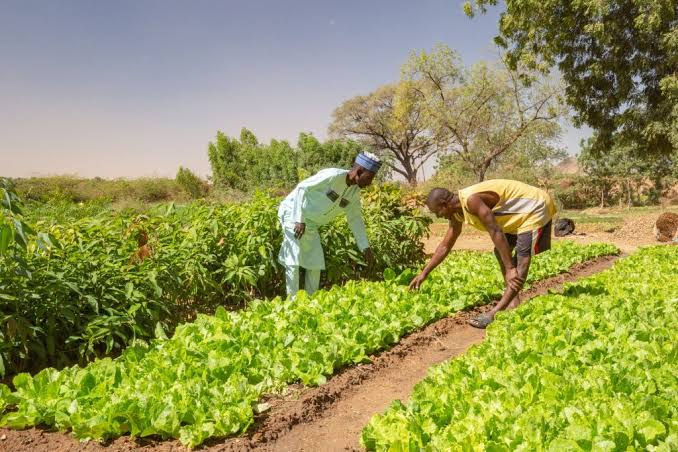The National Cereals Research Institute (NCRI), Badeggi, has secured official approval for the release of eight improved crop varieties.
The approval was granted during the 35th meeting of the National Committee on Naming, Registration and Release of Crop Varieties and Livestock Breeds/Fisheries, which was held in Ibadan.
According to a statement issued by the institute’s public relations officer, Mohammed Tukur Mohammed, the development is rooted in scientific innovation and collaborative breeding efforts and aligns with the federal government’s agenda for enhanced food and nutrition security, climate resilience, and improved rural livelihoods.
The newly released varieties include four rice varieties (FARO 71, FARO 72, ADV 8200, and Swarna 2), two sesame (beniseed) varieties (NCRIBEN 06E and NCRIBEN 07E), and two soybean varieties (NCRISOY 5M and NCRISOY 6M).
Each has been tailored to suit Nigeria’s diverse agro-ecological zones, with improved traits to address farmers’ needs and market demands.
Mohammed stated that FARO 71 and FARO 72, zinc-biofortified pure-line varieties, were developed in collaboration with the Bangladesh Rice Research Institute (BRRI), HarvestPlus Solutions Ltd., and NCRI Badeggi.
He noted that the varieties are engineered for Nigeria’s lowland ecologies and are nutritionally superior, targeting hidden hunger through elevated protein (up to 11.98 percent) and zinc content (up to 25.24 mg/kg) with moderate resistance to common rice pests and diseases.
He said that the ADV 8200, a three-way hybrid rice, and Swarna 2, a high-yielding lowland variety, bring remarkable productivity to the field, yielding up to 13.8 and 13.9 tonnes per hectare respectively.
With early-to-medium maturity (114–126 days), they offer farmers more cycles per season and enhanced returns.
These four rice varieties were evaluated across multiple states in collaboration with the national rice and maize centre, ADPs in Niger, Oyo, and the FCT, and the centre for dry land agriculture at Bayero University, Kano.
The statement further disclosed that NCRIBEN 06E and NCRIBEN 07E represent a new generation of sesame (beniseed) cultivars developed by NCRI in partnership with the Federal University of Technology, Minna.
According to Muhammed, these varieties are well-suited to the savannah belt, offering yields up to 2.3 t/ha, early maturity (89–97 days), and high oil content (over 50%). They also tolerate common fungal and bacterial diseases, boosting reliability for farmers and processors alike.
Meanwhile, NCRISOY 5M and NCRISOY 6M, bred in collaboration with IITA Ibadan, set a new standard in soybean production.
These pure-line varieties demonstrate high nodulation, resistance to major soybean diseases, and excellent seed quality. They offer up to 43.97 percent protein and over 20 percent oil content. Their resilience and adaptability make them valuable assets for Nigeria’s growing oilseed economy.
Speaking on the achievement, the executive director of NCRI, Dr. Mohammed Ndagi Ishaq, commended the efforts of partner institutions and acknowledged the role of national and regional stakeholders in field evaluation and participatory trials.
He expressed his appreciation to President Bola Tinubu and Abubakar Kyari, the minister of agriculture and food security, for their consistent support of agricultural research and innovation.
“These new varieties will significantly enhance productivity, nutrition and farmer profitability, thereby advancing Nigeria’s journey towards food self-sufficiency,” Ishaq affirmed.







